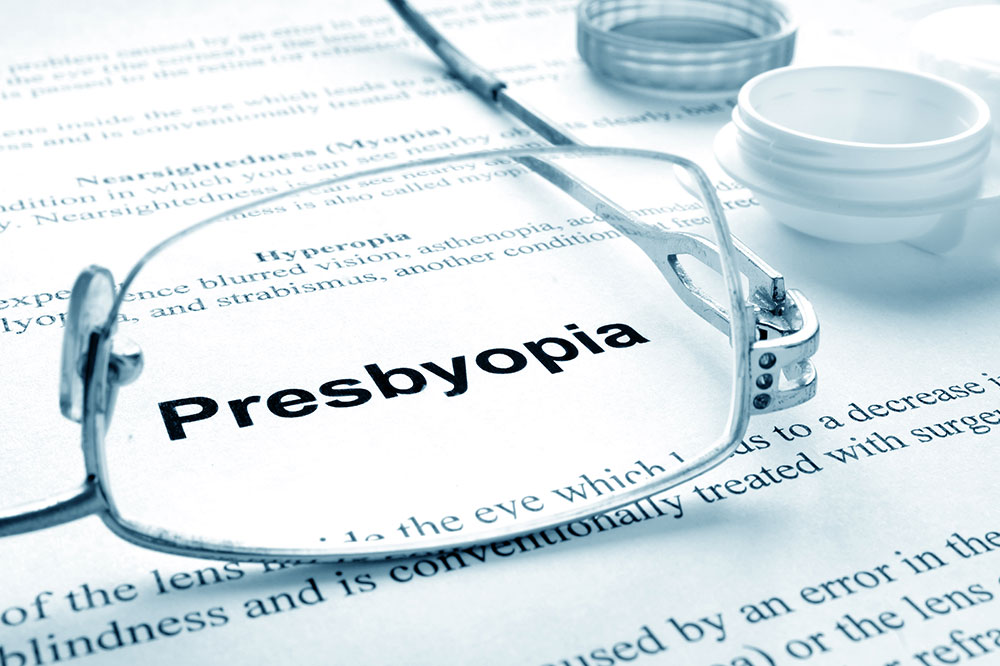Natural remedies and lifestyle changes for presbyopia
Presbyopia is a condition in which the eyes start losing their ability to focus on nearby objects. It’s an age-related disorder that can begin as early as 35 and worsen gradually. Although medical treatments are available for presbyopia, home remedies and lifestyle changes, including eating certain foods, can help improve the condition. Let’s understand how an individual can reduce presbyopia naturally.
Eat certain foods
After surgery and medical treatment, eating specific foods is probably the best way to improve presbyopia. That’s because nutrients from foods, especially fruits and vegetables, have been proven to preserve and prolong eye health. People with the condition should consider incorporating eye-friendly nutrients like vitamin A, C, and E, zinc, lutein, and omega-3 fatty acids in their diet.

Practice eye exercises
Eye exercises are another great way to treat presbyopia. Some exercises help rewire the brain to control the eyes, thereby improving focus and vision. Other exercises help strengthen the eye muscles. One simple exercise involves focusing on objects. All one needs to do is hold a pencil or index finger about six inches away from the face and focus on it for 90 seconds.
Protect the eyes
UV radiation from the sun is harmful to the eyes and can worsen presbyopia. Hence, it’s advisable to wear sunglasses or prescription glasses that filter UV rays. This is particularly necessary for those with the condition who spends long hours outdoors. It’s also vital to protect the eyes from any injury. Equipping oneself with protective eyewear while mowing the lawn, painting, or playing games can help minimize the risk of injury.
Manage certain chronic conditions
It’s well-known that certain health conditions, such as high blood pressure and diabetes, can damage blood vessels in the eye and affect vision. Some studies also indicate that people with diabetes are at higher risk of early onset of presbyopia. So, it’s essential to control diabetes and visit an ophthalmologist for an eye check-up routinely.

